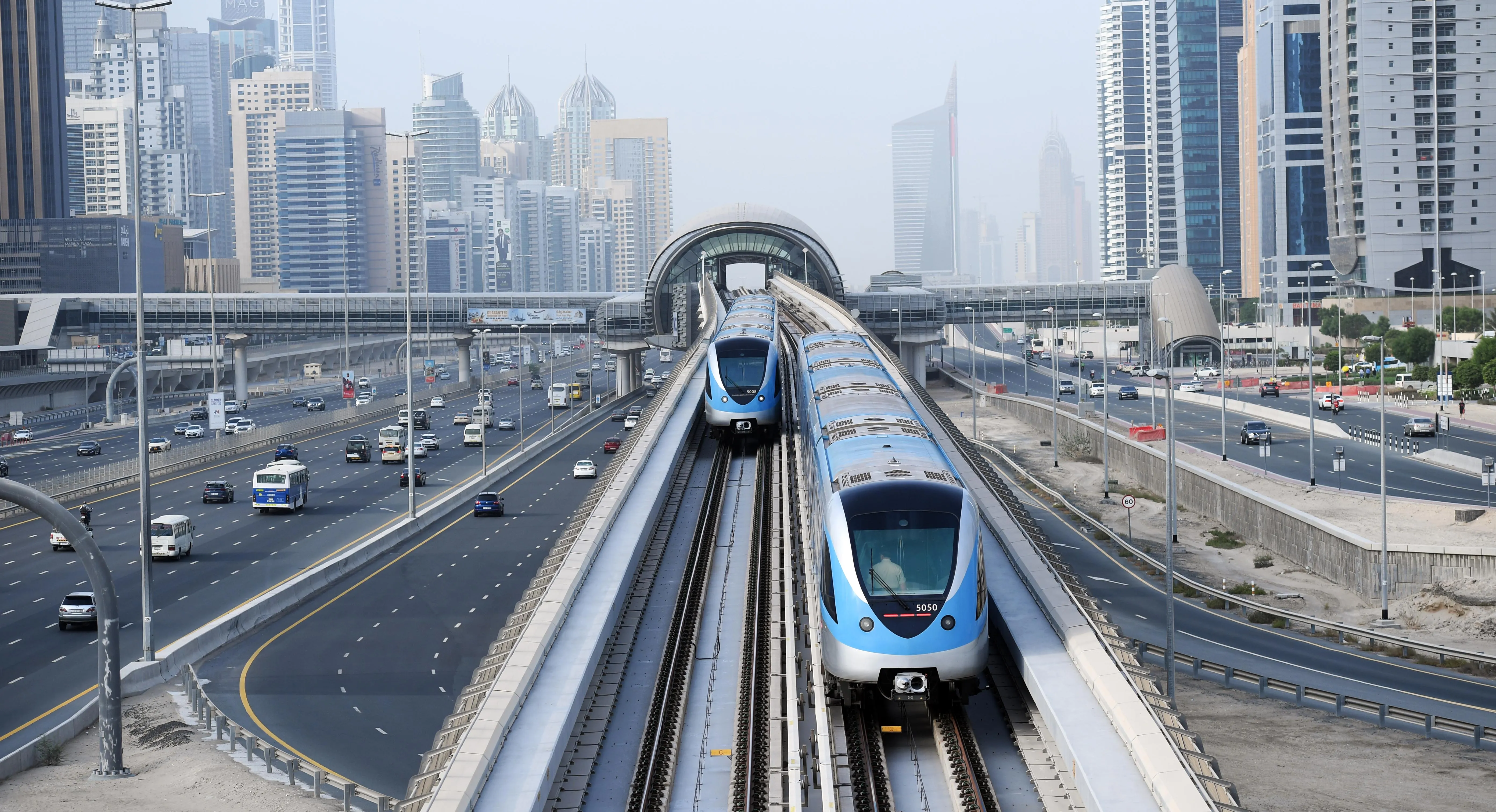A consortium composed of Brazilian engineering companies Odebrecht Transport and Queiroz Galvão and local groups UTC Participações and Eco Realty-Fundo de Investimento em Participações, has won a tender to build and operate the upcoming US$3.9 billion metro line 6 located in south-eastern Brazil's São Paulo city.
Also known as the Laranja (orange) line, the subway will run some 15.9 kilometres between the Brasilândia and San Joaquin stations, with fifteen stations in all. It will connect the universitie
November 8, 2013
Read time: 1 min
A consortium composed of Brazilian engineering companies 4740 Odebrecht Transport and Queiroz Galvão and local groups UTC Participações and Eco Realty-Fundo de Investimento em Participações, has won a tender to build and operate the upcoming US$3.9 billion metro line 6 located in south-eastern Brazil's São Paulo city.
Also known as the Laranja (Orange) line, the subway will run some 15.9 kilometres between the Brasilândia and San Joaquin stations, with fifteen stations in all. It will connect the universities of FAAP, PUC and others in the Liberdade neighbourhood.
The 25-year concession period includes six years to build the line, starting in 2014, and nineteen years for commercial operations. Once completed, Line 6 is expected to transport 637,000 passengers per day.
A contract for the 25-year public-private partnership (PPP) should be signed by the end of the year, according to the São Paulo state government.
Also known as the Laranja (Orange) line, the subway will run some 15.9 kilometres between the Brasilândia and San Joaquin stations, with fifteen stations in all. It will connect the universities of FAAP, PUC and others in the Liberdade neighbourhood.
The 25-year concession period includes six years to build the line, starting in 2014, and nineteen years for commercial operations. Once completed, Line 6 is expected to transport 637,000 passengers per day.
A contract for the 25-year public-private partnership (PPP) should be signed by the end of the year, according to the São Paulo state government.










